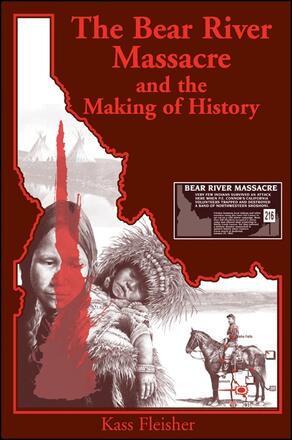
The Bear River Massacre and the Making of History
Alternative formats available from:
Explores how a pivotal event in U.S. history—the killing of nearly 300 Shoshoni men, women, and children in 1863—has been contested, forgotten, and remembered.
Description
At dawn on January 29, 1863, Union-affiliated troops under the command of Col. Patrick Connor were brought by Mormon guides to the banks of the Bear River, where, with the tacit approval of Abraham Lincoln, they attacked and slaughtered nearly three hundred Northwestern Shoshoni men, women, and children. Evidence suggests that, in the hours after the attack, the troops raped the surviving women—an act still denied by some historians and Shoshoni elders. In exploring why a seminal act of genocide is still virtually unknown to the U.S. public, Kass Fleisher chronicles the massacre itself, and investigates the National Park Service's proposal to create a National Historic Site to commemorate the massacre—but not the rape. When she finds herself arguing with a Shoshoni woman elder about whether the rape actually occurred, Fleisher is forced to confront her own role as a maker of this conflicted history, and to examine the legacy of white women "busybodies."
Kass Fleisher is an Assistant Professor of English at Illinois State University.